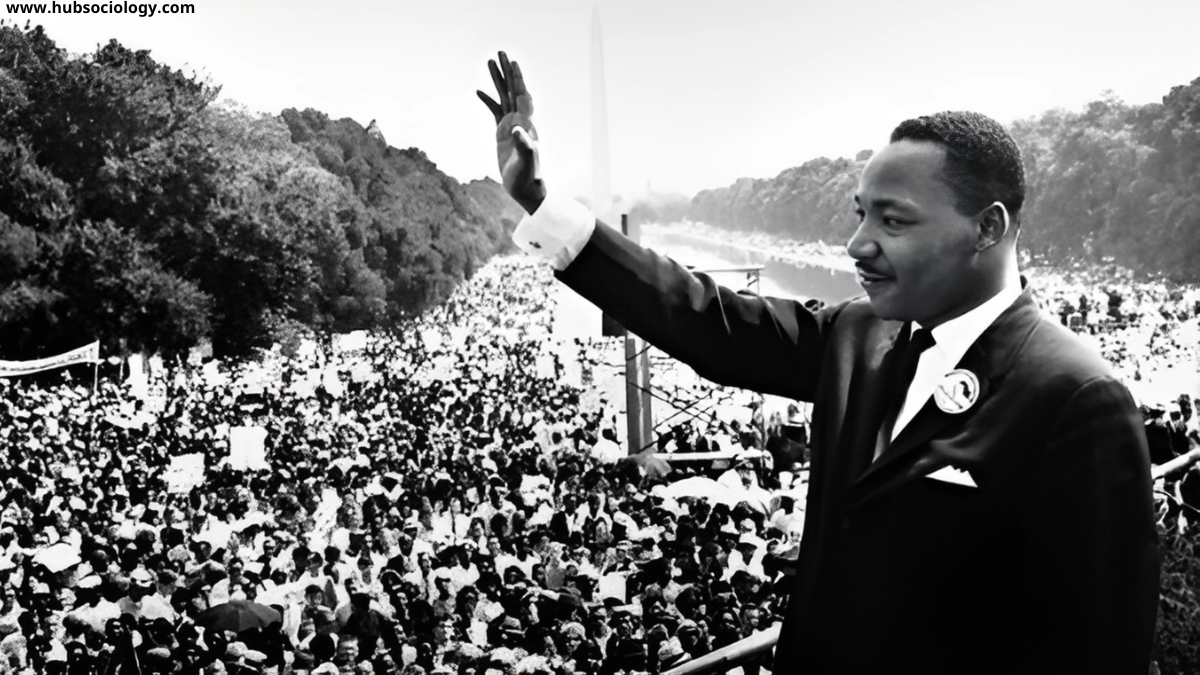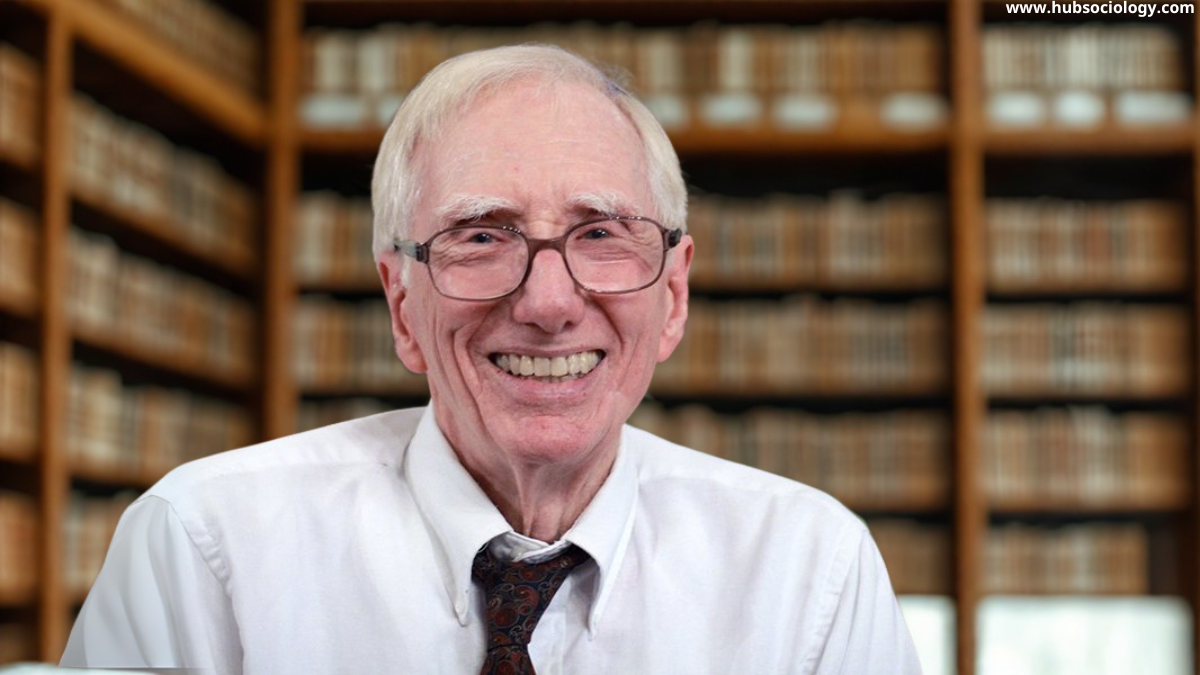Sociology of Religion: Faith in a Secular World
Introduction on Sociology of Religion Religion has always been one of the most significant institutions in human civilization, shaping moral codes, cultural values, and collective identities. Yet, in the contemporary era marked by rationalization, globalization, and secularization, religion faces new challenges and transformations. The sociology of religion studies this dynamic relationship between faith and society … Read more







